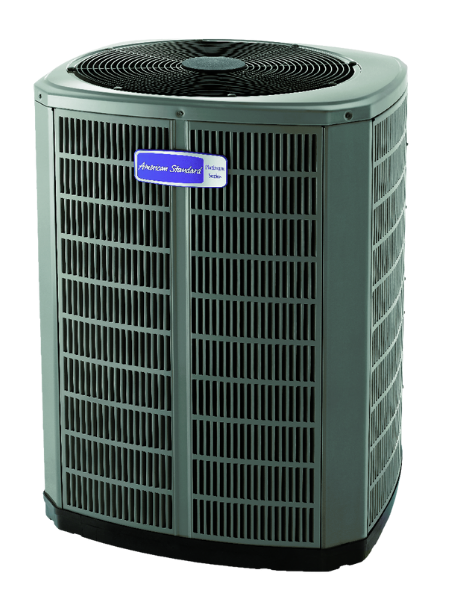Living in a consumer-driven world, it’s easy to spend money on things we think we need. But sometimes, we don’t realize how small changes in our spending habits can bring financial freedom without compromising happiness. Let’s explore common expenses that might not align with your priorities—and how to cut back without guilt.
1. Subscription Services You Forgot About
Streaming platforms, gym memberships, or apps you no longer use can quietly drain your bank account. A quick audit of your subscriptions could uncover money-saving opportunities.
2. Buying in Bulk (When It’s Not Necessary)
Bulk shopping feels like a money-saver, but it can lead to waste if items expire or remain unused. Consider your household’s actual consumption before loading up on perishables.
3. Impulse Purchases During Sales
That “limited-time offer” might not be such a steal if you wouldn’t have purchased the item otherwise. Waiting 24 hours before buying can help avoid impulse decisions.
4. Overpriced Coffee Shop Habits
If coffee brings you joy, keep it! But brewing your favorite drink at home a few times a week can significantly reduce costs while still giving you that caffeine fix.
5. Gadgets You Rarely Use
Kitchen appliances, tech gadgets, or tools purchased on a whim often end up gathering dust. Borrowing, renting, or buying these items gently used when needed might be a more practical option.
6. Over-the-Top Gifting
Giving gifts is a wonderful gesture, but overspending can often lead to unnecessary stress. Instead, consider thoughtful alternatives like handmade or experience-based gifts. Most friends and family value quality time and genuine thoughtfulness far more than extravagant presents.
7. Fast Fashion
Trendy clothing might be tempting, but investing in timeless, high-quality pieces saves money and reduces waste in the long run. Most people already have plenty of options in their closets, so there’s no need to give in to the notion that you need a new outfit for every occasion. Embrace creativity with what you have and focus on versatile pieces that work for multiple settings.
Understanding the Psychology Behind Spending
Many purchases are influenced by emotions like stress, boredom, depression, or societal pressure. Recognizing these triggers can help you make more intentional spending decisions.
- Social Media Influence: Carefully curated ads and influencer posts are designed to make impulse buys feel irresistible—it’s their job to sell products. Think about it: nearly everything you see on social media is an ad. If you find yourself tempted too often, consider reducing your time on social media. It’s also important to remember that social media skews our perception of what’s normal. Fancy cars, extravagant houses, and luxury items are not the standard; social media is simply a highlight reel.
- Fear of Missing Out (FOMO): Limited-time sales and trends are designed to create a sense of urgency, making you feel like you’ll miss out if you don’t act quickly. This psychological tactic taps into our desire to belong and stay relevant, especially when we see others taking advantage of deals. Marketers amplify FOMO with phrases like “only a few left” or “offer ends tonight,” encouraging impulsive decisions. To avoid falling into this trap, pause and ask yourself if the purchase truly adds value to your life or if you’re simply reacting to the pressure of the moment.
- Emotional Spending: Retail therapy provides a brief dopamine boost, making you feel better in the moment. However, these purchases are often impulsive and don’t address the underlying emotions driving them. Over time, this can lead to regret as you realize the items weren’t necessary or meaningful. Recognizing emotional triggers and finding healthier ways to cope can help break the cycle of emotional spending.
Contact Us
Swinson Air Conditioning is your independently owned American Standard Heating and Air Conditioning Dealer, serving the Eastern Shore area. We are a locally owned and operated Customer Care Dealer and would love to become your HVAC contractor. Feel free to contact us via email or give us a call at 251-964-9009 for all of your HVAC needs this season.
FAQs About Spending Wisely
Q: How can I evaluate my spending habits?
A: Start by tracking expenses for a month to identify areas where you can cut back without sacrificing what you value.
Q: How do I avoid impulse purchases?
A: Create a 24-hour rule: wait a day before buying anything non-essential to decide if it’s a priority.
Q: What if I enjoy some of the items on this list?
A: That’s okay! The goal is to align spending with your unique values and lifestyle.
Easily book your service here.








